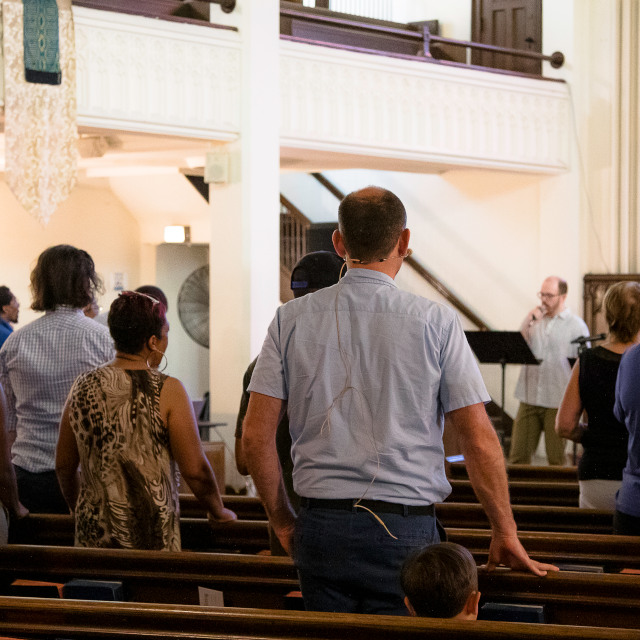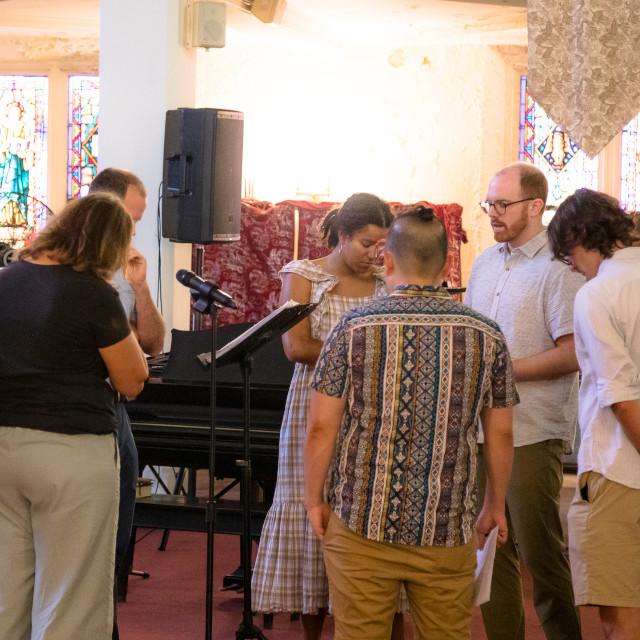2 Peter 3, Psalm 144
12/03/18
Many critical New Testament scholars last century argued that the first Christians believed Jesus would return in their lifetimes. Part of their theory requires believing that Peter could not have written 2 Peter, for embedded in this letter is the acknowledgement that while scoffers question the return of Jesus, believers should understand “the Lord is not slow in keeping His promise.” (2 Peter 3:9) Immediately before this statement, Peter makes the statement “With the Lord a day is like a thousand years, and a thousand years are like a day.” (2 Peter 3:8) Obviously Peter wants the reader to know that just because God seems to be taking time to send Jesus to rescue the church, that doesn't mean our Lord isn't keeping promises. Scholars believe this teaching must have been a later development and certainly wouldn't have been written by Peter, one so confident in seeing Jesus' imminent return. Like many critical theories there is a circularity to their rationale.This is how the argument goes: 1) Since there are teachings in the New Testament to be prepared for Jesus' return, there must have been confidence that Jesus' second coming would happen before many of Jesus' original audience died. 2) As Jesus did not return like expected, later Christians adapted and taught that we need to be ready at all times, like tomorrow or two thousand years from now, like we see in 2 Peter. The problem with this argument is called “begging the question”, meaning the conclusions supply the rationale for the argument. The faulty belief is that the early Christians couldn't believe both Jesus' return was imminent and that it could happen at any time (these scholars seem to lack experience waiting for internet companies to fix their service). They assume one cannot genuinely believe both Christ can return at any time, tomorrow or a thousand years from now. Therefore teachings like in 2 Peter or even those from Jesus: “But about that day or hour no one knows, not even the angels in heaven, nor the Son, but only the Father.” (Matthew 16:24) are treated by these academics as later additions. As an aside, the belief that this statement of Jesus is a later revision goes uncomfortably with another bad argument from many of the same scholars that Jesus' divinity was also a later invention. For why would Christians after the apostles' time put such words about Jesus' agnosticism regarding His return in the mouth of our Lord, if that makes it appear like he wasn't divine like the Father? The answer is, they wouldn't. Back to our original, the argument I mention are the very sort of thing Peter warns us against. In these last days, that is the time between Jesus' ascension and second coming, there will be those that scoff at our King's return. However complicated (convoluted) the arguments might be, Peter, for it was Peter warned the reader against taking such mockery too seriously. Jesus will return, rest assured.
Continue reading this post...






















